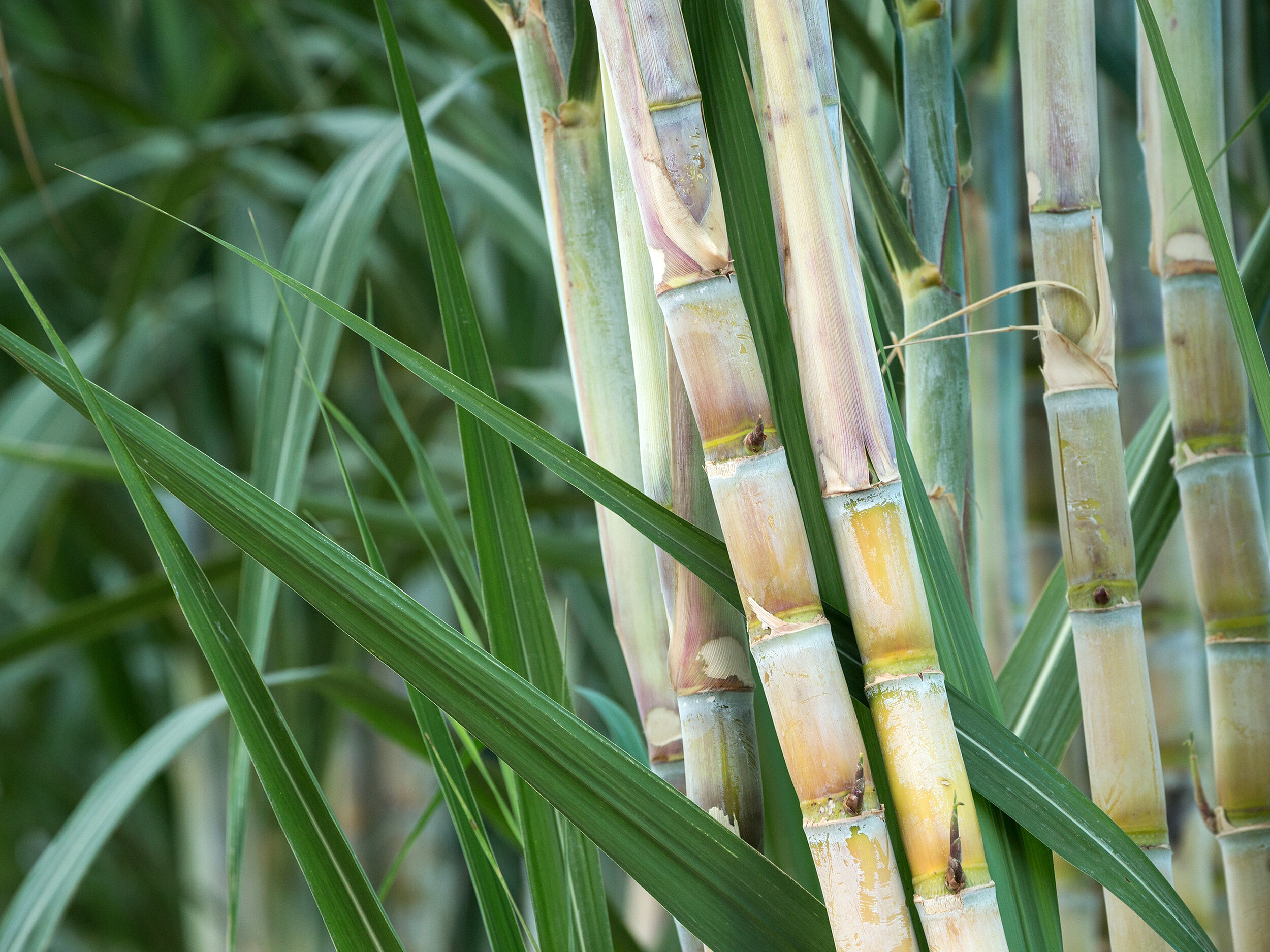Understanding the Production Process of Sugarcane Product for Shoppers
Understanding the Production Process of Sugarcane Product for Shoppers
Blog Article
Discovering Sugarcane Products: Versatile Uses and Profits
The exploration of sugarcane products discloses an exceptional variety of applications that extend well past the acquainted realm of sugar. As we check out the complex payments of sugarcane, one might ask yourself how these diverse uses can reshape markets and way of lives in a quickly evolving world.
Introduction of Sugarcane
Although sugarcane is commonly connected primarily with sugar manufacturing, it is a versatile plant with a rich background and various applications. Grown in subtropical and exotic regions, sugarcane prospers in well-drained soils and cozy climates, adding substantially to numerous economic climates worldwide. This seasonal grass, belonging to the category Saccharum, can grow to elevations of as much as 4 meters, showcasing its durable nature.
Past its main function in sugar removal, sugarcane acts as an essential resource for numerous by-products. The fibrous residue, referred to as bagasse, is utilized for producing bioenergy and as a resources for manufacturing paper and eco-friendly products. In addition, molasses, a byproduct of sugar refining, is rich in nutrients and frequently used in animal feed and fermentation procedures.
Sugarcane likewise plays a substantial duty in typical medications and social practices in numerous regions, highlighting its significance beyond business use (sugarcane product). With the increasing emphasis on lasting farming methods, sugarcane is being discovered for its capacity in biofuels and carbon capture, positioning it as a vital player in the transition in the direction of sustainable energy sources. Hence, the versatility of sugarcane prolongs far beyond the boundaries of sugar production
Sugarcane in Food Products


Beyond sugar, sugarcane is the resource of energy-rich items such as jaggery and panela, which are traditional unrefined sugars utilized in several societies. These items not only sweeten foods yet likewise convey unique flavors and nutritional advantages.
Sugarcane juice, a refreshing beverage appreciated in several tropical regions, showcases the plant's flexibility. It is typically eaten fermented or fresh right into alcoholic beverages like rum.
Additionally, sugarcane fibers, referred to as bagasse, are sometimes made use of to develop food product packaging products, emphasizing the eco-friendly benefits of sugarcane handling. On the whole, sugarcane's contribution to food items is complex, improving tastes, providing nutritional value, and playing a substantial role in cooking traditions all over the world.
Industrial Applications of Sugarcane
In various industries, the convenience of sugarcane expands far beyond its cooking applications. Sugarcane functions as a critical resources in the manufacturing of biofuels, specifically ethanol, which is increasingly used as an eco-friendly energy resource. This biofuel is derived with fermentation and distillation procedures, supplying a lasting choice to nonrenewable fuel sources and adding to a reduction in greenhouse gas exhausts.

Moreover, the sugarcane market has found applications in drugs, where its elements are utilized in the formulation of various medicinal products. The all-natural substances drawn out from sugarcane exhibit antioxidant and antimicrobial homes, enhancing the efficiency of specific drugs.
Last but not least, sugarcane is important to the production of a series of chemicals, consisting of glycerol and organic acids, which are essential for different industrial procedures. These applications highlight sugarcane's significant duty in advertising commercial sustainability and development.
Ecological Advantages of Sugarcane
The diverse applications of sugarcane not just enhance commercial procedures yet likewise contribute substantially to ecological sustainability. As an eco-friendly source, sugarcane farming plays an essential duty in carbon sequestration, taking in significant amounts of carbon dioxide from the ambience. This process helps alleviate environment modification by minimizing greenhouse gas focus.
Moreover, sugarcane byproducts, such as bagasse and molasses, offer eco-friendly options to conventional products. Bagasse, the coarse deposit after juice removal, can be made use of as a biomass fuel, minimizing dependence on nonrenewable fuel sources and advertising cleaner energy resources. Furthermore, molasses can be transformed into bioethanol, even more sustaining sustainable energy campaigns.
Sugarcane farming additionally advertises biodiversity and dirt health and wellness. Lasting agricultural techniques, such as intercropping and plant rotation, improve soil fertility and reduce erosion. In addition, the plant's deep root system aids in water retention, thus sustaining neighborhood ecosystems and boosting durability versus dry spell.
Wellness Advantages of Sugarcane
Rich in all-natural sugars and description necessary nutrients, sugarcane offers various health benefits that make it an important enhancement to a well balanced diet regimen. Its high fiber web content aids in digestion, promoting intestine health and preventing constipation. Furthermore, sugarcane is a source of anti-oxidants, which combat oxidative anxiety and may reduce the risk of chronic diseases.
Moreover, sugarcane juice is understood for its hydrating buildings, making it an outstanding beverage option, specifically in hot environments. The natural sugars present in sugarcane give a quick energy boost, advantageous for professional athletes and those participated in physical activities. It likewise contains crucial minerals and vitamins, such as vitamin C, calcium, magnesium, and potassium, which add to general wellness.
Research studies recommend that sugarcane may aid control blood sugar level levels, making it a more effective sweetener for individuals with diabetes when consumed in moderation. Additionally, its anti-inflammatory buildings can support liver health and aid in detoxification.
Conclusion
In final thought, sugarcane arises as a very functional crop with substantial contributions to various sectors. The spin-offs of sugarcane, such as bagasse and molasses, help with environmentally friendly practices, while its wellness advantages improve general health.
Although sugarcane is often associated mainly with sugar production, it is a functional crop with a rich history and various applications.Beyond its main role in sugar removal, sugarcane serves as an essential source for various by-products. Mostly understood for producing sugar, sugarcane is transformed into granulated sugar, brownish sugar, and molasses, each offering unique culinary purposes.Rich in all-natural sugars and crucial nutrients, sugarcane offers many health advantages that make it a beneficial enhancement to a balanced diet. The natural sugars present in sugarcane supply a fast energy boost, pop over here valuable for professional athletes and those engaged in physical activities.
Report this page